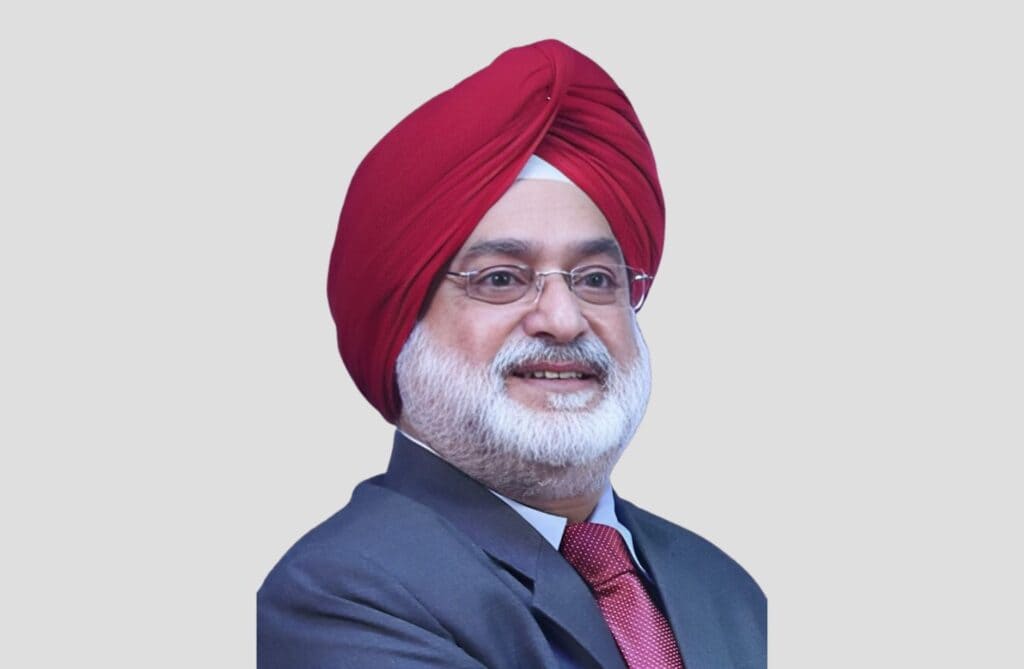
Logistics and distribution businesses, like ours, are fundamentally energyintensive. It consumes petrol in order to maintain and sustain the production-consumption equilibrium. Only in the last decade or two has it become palpably evident that it has cause disequilibrium and unsustainability in nature. Global warming, pollution in general, and environmental degradation are all related topics that have become a major source of worldwide concern. So much so that discussion and debate are increasingly focused on development and survival rather than development models. This raises issues of sustainability and responsible consumption. There is no other option. We at Safexpress are highly cognizant of our responsibilities and have identified various areas where we can contribute by minimising resource waste on the one hand and investing in carbon-neutral technology and resources on the other.
By eliminating waste, we are focusing on both responsible and social sourcing. As a result, our hubs and warehouses are mainly energy-efficient, rely on natural light, have their own water harvesting and recycling units installed, and the majority of workforce resides on campus. This saves non-renewable energy while saving time and energy spent on travel. Furthermore, social sourcing entails developing a process that incorporates nearby demographics.
EV technology
The other component of our contribution to environmental responsibility is investing in environmentally friendly supplies. Though EV technology is still in its early stages and faces challenges such as public charging stations, it holds a lot of potential for green transportation. Much work is being done to develop battery technology and plugin-plug-out batteries, and prices should stable at the level of petrol variants in the next five years. We intend to convert a significant portion of our final mile fleet to EV. The EV shift in India is proceeding strongly and considerably faster than anticipated. It will soon transform the automobile industry into an EV-led one. Safexpress has immense faith in the promise of electric vehicles and have just received the first batch of revolutionary Tata Ace Mini EV.
Sustainability and environmental responsibility is a huge challenge staring into our faces but the pace at which public and private adoption is being sought after augurs well. Safexpress believes strongly in the potential of electric vehicles and has recently acquired the first batch of the groundbreaking Tata Ace Mini EV. Sustainability and environmental responsibility are significant challenges in front of us, but the rate at which public and private adoption is pursued bodes well.
Technological advancements
The need to increase transparency in all aspects of operations has paved the way for digital innovation in logistics and distribution services. Indeed, the need for transparency was most acute in the distribution industry. Beginning with track and trace in the 1990s, logistics businesses today have amazing digital infrastructure that has aided in the enhancement of efficiency and economy in their services. Instant phone-based order tracking and a comparable real-time process are company expectations. This has sort of become a business practise that is now assumed as a ‘given’ and hence no longer competitive.
Innovative solutions
As a service provider, we are supposed to be cost and safety conscious on the one hand, and speed conscious on the other. The principle of end-to-end logistics in the supply chain requires that sourcing, manufacturing, and consumption units be linked in a welldefined system and network so that manufacturers can source raw materials and equipment quickly, store it in a safe facility nearby, and distribute it to dealers and retailers across the geographic location. In our industry, resource mobilisation necessitates significant investment in both physical and digital infrastructure, as well as trucks to connect them. This has been Safexpress’s continual ambition, and with the exception of a brief pause during the epidemic, certain facilities are always under construction. In the coming days and years, we hope to continue with this approach of re s o u rc e m o b i l i s a t i o n a n d augmentation, adding more warehouses and hubs, and reducing the distance and time in the supply chain.
Optimisation of operations
Safexpress, as a logistics partner, is not directly involved in the e-commerce company. As a result, we are not directly visible as a partner. Our strength in bulk movement of goods, as in a B2B network, is our contribution; whether from suppliers to central warehouses or from one warehouse to another. The objective here is to have goods available with platforms near the point of order and to execute on the promise of quick delivery.
In this regard, and as in previous years, our focus has primarily been on strengthening the first mile of operations, in which a number of trucks serve to the bulk orders of online retail platforms to their central warehouses or from one warehouse to the next. This means that on a daily basis, a number of vehicles are allocated to meeting the expected demand.
Another developing trend in the ecommerce industry is the omnichannel products developed by suppliers, which are a composite service integrating the elements of online and offline shopping. To be honest, we’re in the offline phase of online retail. Furthermore, last mile delivery has been a component of the distribution sector for decades, and viewing it as an extension of online shopping is a stretch. What internet retail did, and executed correctly was to centre the service on the consumer, instilling a much-needed sense of urgency in the entire operation process and IT infrastructure.
Strategic partnerships to enhance service offerings
Our business partners are our vendors who operate their vehicles for us, our associates and franchise network that are associated with us in different capacities, some of them are with us from the day we began our operation. As such, we are not in a tie-up or strategic relationship with any other organisation.
The need to increase transparency in all aspects of operations has paved the way for digital innovation in logistics and distribution services











